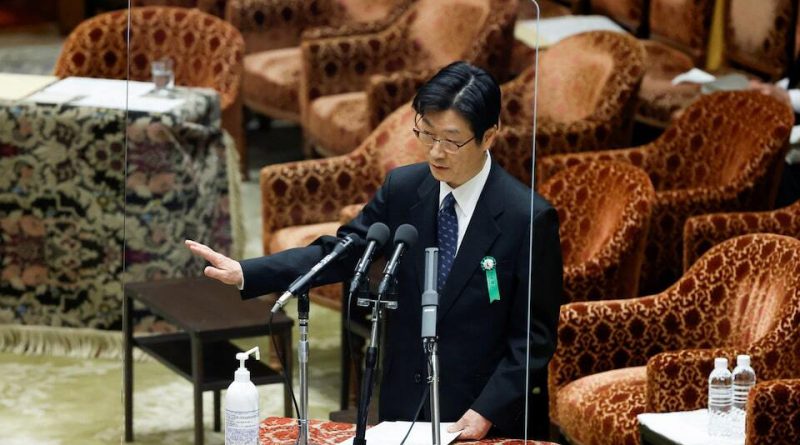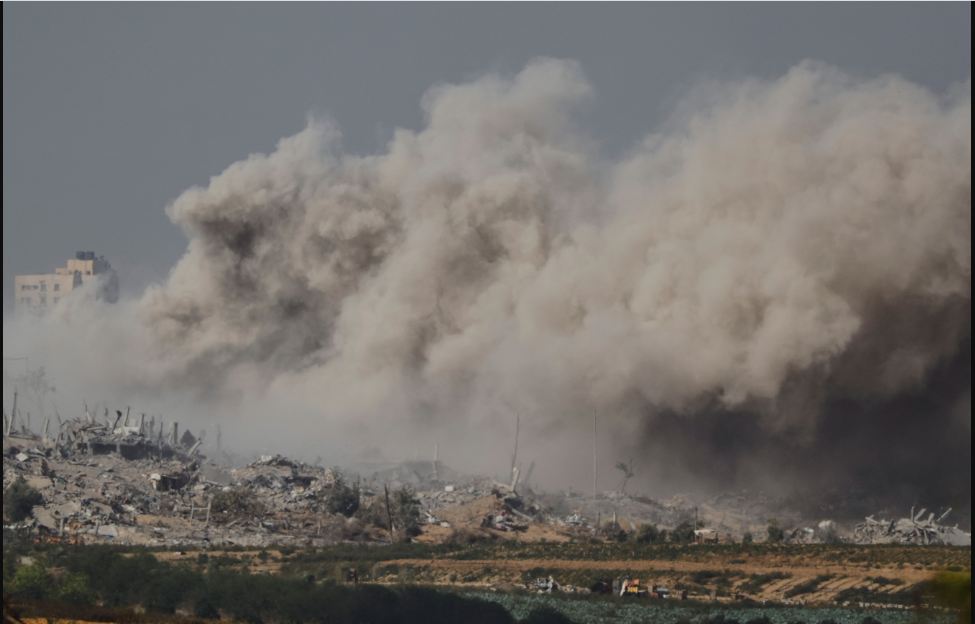BOJ Says Deputy Governor Uchida Hospitalized for Leukemia Treatment
Tokyo – The Bank of Japan announced that Deputy Governor Shinichi Uchida has been hospitalized to undergo treatment for leukemia.
Officials said he will continue performing his duties remotely while receiving medical care.
Uchida, a prominent figure in the central bank, has been in the hospital since November 7. Despite his condition, he is expected to participate in the upcoming monetary policy meeting scheduled for December 18 and 19.
The Bank of Japan confirmed that arrangements have been made for him to attend the session virtually if necessary. The institution emphasized that his health remains the priority while ensuring continuity in policy discussions.
The 63-year-old central banker has spent most of his professional life shaping Japan’s monetary strategy. His long career within the institution has made him an influential voice in debates over future economic direction.
Uchida assumed the role of deputy governor in March 2023. His five-year term placed him in a critical position during a period of shifting economic pressures and policy adjustments.
Throughout his public statements, Uchida has been known for offering signals about potential policy changes. These remarks have often guided financial markets and contributed to shaping expectations about Japan’s monetary outlook.
The Bank of Japan’s nine-member policy board includes Governor Kazuo Ueda and Deputy Governor Ryozo Himino. Together, they are responsible for reviewing economic conditions and determining the country’s interest rate path.
The central bank’s next review in mid-December is expected to draw considerable attention. Analysts anticipate that the meeting may include further discussions on inflation trends and the future direction of long-standing monetary easing policies.
Officials said Uchida’s remote participation will be facilitated through secure communication systems. They stressed that his involvement ensures that the full policy board remains engaged in decision-making processes.
Leukemia, the illness Uchida is being treated for, is a cancer affecting blood-forming tissues. It causes abnormal cell production, which can weaken the body’s ability to fight infection and regulate normal blood functions.
Treatment for leukemia commonly involves chemotherapy, targeted therapy, radiation, or stem-cell transplantation. The Bank of Japan stated that Uchida is following a treatment plan expected to continue over several weeks.
Medical professionals have not publicly disclosed details about Uchida’s specific diagnosis. However, officials said his current condition is stable enough for him to continue essential responsibilities.
Following the December meeting, the central bank plans another rate review on January 22 and 23. Uchida is expected to participate in that session as well, depending on his progress.
Japan’s economic environment has been defined by persistent inflation pressures and market expectations of policy adjustments. Uchida’s presence in discussions is considered crucial given his extensive experience and influence.
Economists note that Uchida has long advocated for carefully calibrated policy shifts. His input is seen as especially important during periods of global economic uncertainty and domestic financial challenges.
Market observers expressed well-wishes for his recovery while highlighting his central role in policy deliberations. They noted that his temporary hospitalization is not expected to disrupt the bank’s broader operational stability.
The Bank of Japan reassured the public that administrative and policy functions remain fully supported. Other board members are coordinating closely to ensure smooth proceedings during Uchida’s treatment period.
Colleagues within the central bank have expressed confidence in Uchida’s resilience. They said they look forward to his full recovery and continued leadership in shaping economic policy.
The institution emphasized its commitment to supporting Uchida throughout his health journey. It also conveyed appreciation for public understanding as he balances treatment with professional responsibilities.
Japan’s financial community will continue monitoring his condition as the next policy review approaches. His participation is expected to remain significant as the bank navigates evolving economic conditions.
For now, Uchida remains focused on recovery while maintaining engagement in key policy debates. The Bank of Japan reiterated that his well-being remains a top priority as he undergoes treatment.



